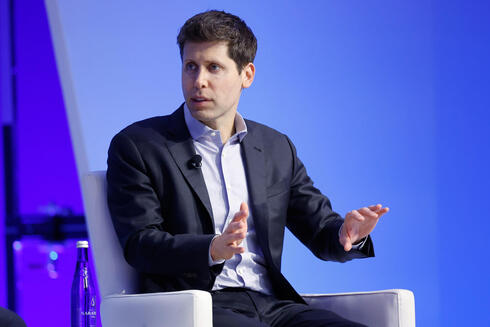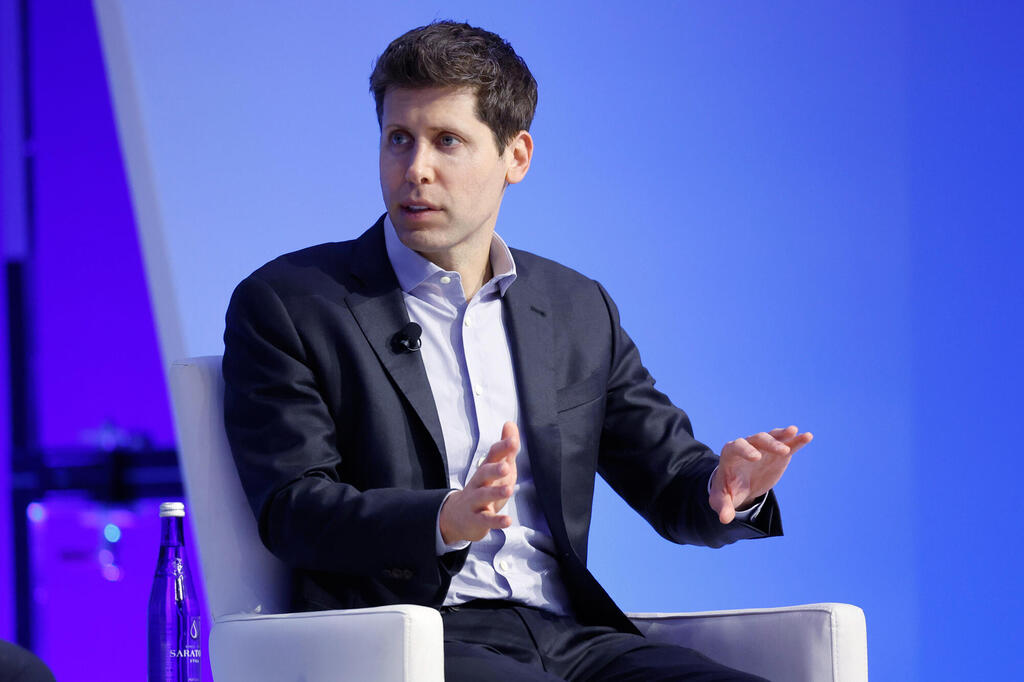
OpenAI CEO Sam Altman calls for more empathy for Muslims, Palestinians in tech
“Muslim and Arab (especially Palestinian) colleagues in the tech community I've spoken with feel uncomfortable speaking about their recent experiences, often out of fear of retaliation and damaged career prospects,” Altman wrote on X
OpenAI CEO Sam Altman said on Thursday he felt members of the Muslim and Arab communities in the tech industry were uncomfortable speaking about their recent experiences, in an apparent reference to the impact of the ongoing war in Gaza.
"Muslim and Arab (especially Palestinian) colleagues in the tech community I've spoken with feel uncomfortable speaking about their recent experiences, often out of fear of retaliation and damaged career prospects," Altman wrote on social media network X, formerly known as Twitter.
The Microsoft-backed ChatGPT maker's high-profile boss urged the tech industry to treat members of those communities with empathy.
“Our industry should be united in our support of these colleagues; it is an atrocious time. I continue to hope for a real and lasting peace, and that in the meantime we can treat each other with empathy,” Altman added.
A user on X asked Altman in a reply how he felt about the experiences of the Jewish community.
Altman responded: "I am Jewish. I believe that antisemitism is a significant and growing problem in the world, and I see a lot of people in our industry sticking up for me, which I deeply appreciate. I see much less of that for muslims."
Rights advocates note that antisemitism and Islamophobia have risen sharply in the U.S. and elsewhere since October 7 when Palestinian Islamist terrorist group Hamas attacked Israel, killing 1,200 people.
The Council on American-Islamic Relations said last month that in the two months after the war began, incidents motivated by Islamophobia and bias against Palestinians and Arabs rose by 172% in the United States compared to the same period last year.
The Anti-Defamation League said in December that between Oct. 7 and Dec. 7, U.S. antisemitic incidents rose by 337%.
A group of founders and investors recently launched an initiative named Tech for Palestine to build open source projects, tools and data to help advocate for the Palestinian people.
Paul Biggar, the founder of Tech for Palestine and the founder of the company CircleCI - last valued at $1.7 billion, told TechCrunch that “we are dozens of people not only speaking up but who had started projects to change the industry to ensure that people speaking up for Palestine could be heard. Dozens of others were volunteering to help. I started connecting these folks together, and the [Tech for Palestine] community came together very quickly.”














